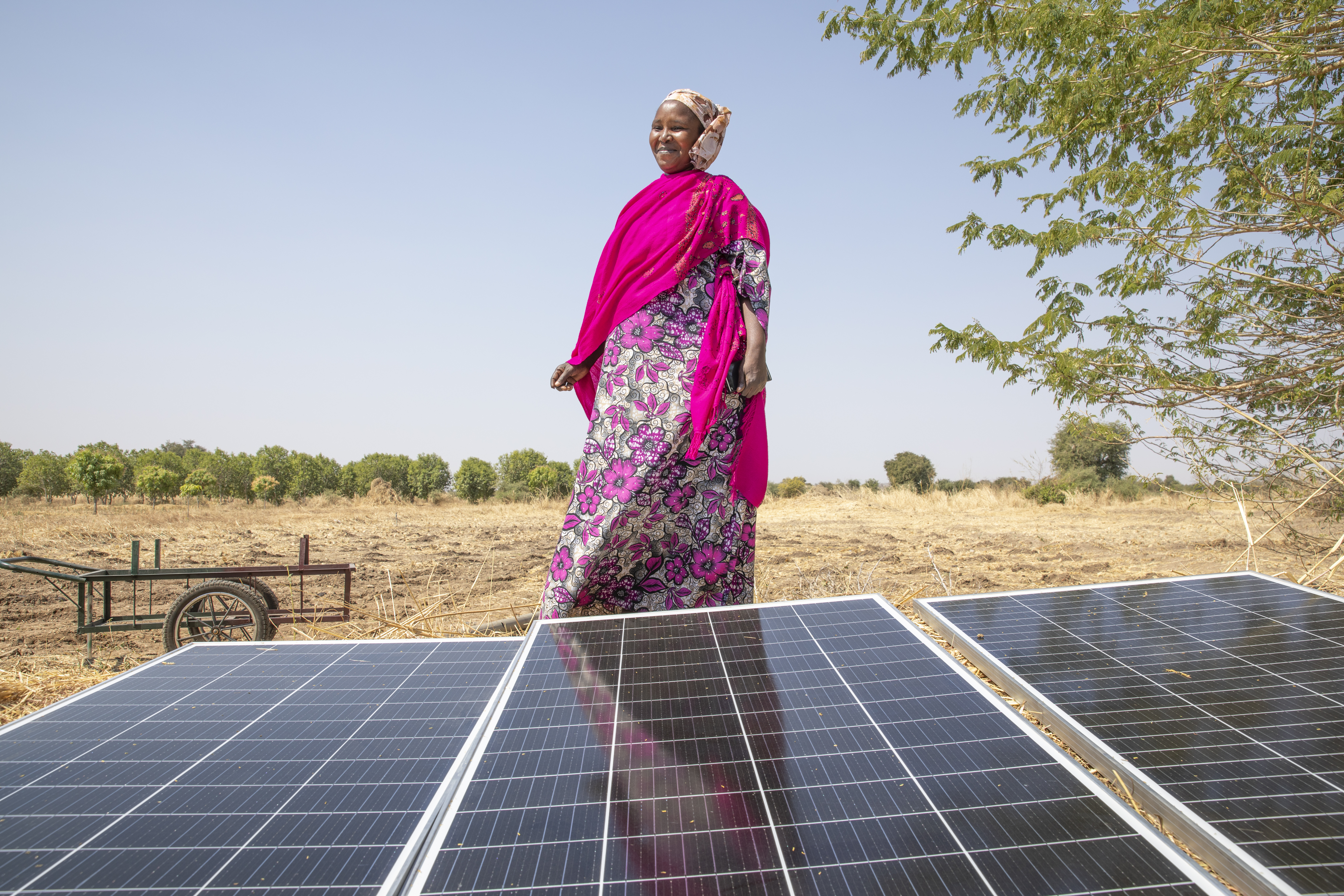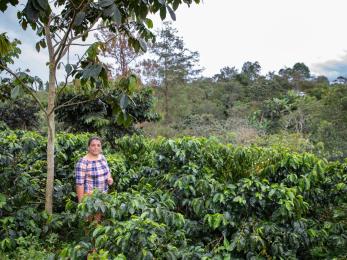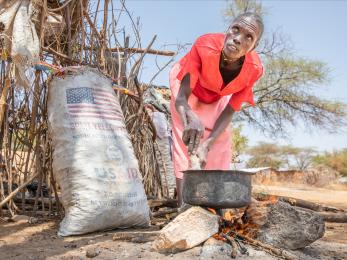Meet the peacebuilders
Mercy Corps Nigeria participants promote peace and reduce conflicts in their communities
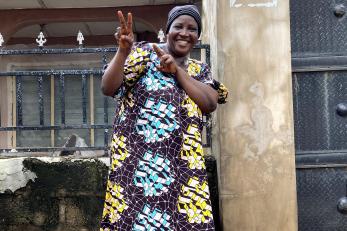
Felicia Ilujunka is a force to be reckoned with in her community. During a visit with Felicia in her home in Lokoja’s Oworo community in Kogi State, our team learned about a recent confrontation where Felicia intervened and helped to reconcile a conflict that could have turned their community upside down.
Lokoja sits at the confluence of the Niger and Benue rivers. The city is in Kogi state, and is home to various ethnic groups from the ten bordering states. The strain of rapid urbanisation, lack of opportunities for young people, and land degradation causing loss in livelihoods and food security has resulted in friction among different groups vying for limited resources.
In Felicia’s community, two young men from different tribes had a dispute that resulted in the Ebira man stabbing the Igala man. Young people from the community gathered and demanded that non-indigenous Ebira people be forced out of Oworo—an all too common example of how conflicts in Kogi state often have undertones of ethnic bias. Felicia mediated a dialogue between the parents of the two young men and had the case withdrawn from the local police. By settling the situation on their own, Felicia helped both families avoid a long and costly process while landing on a sensible and fair outcome that quelled rising tensions in the community.
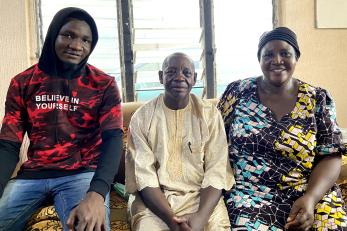
Felicia had not always been the peacebuilder she is today. As a former teacher of 35 years, she did not tolerate nonsense in and out of the classroom. She had once believed in fighting fire with fire before seeing how destructive that mindset is on her community. By participating in the Community Initiatives to Promote Peace (CIPP) programme, she saw a great change in how to approach conflict and realised she had a gift for mediation. “I also spoke to my fellow women on the need to start with ourselves before preaching peace to others,” said Felicia. She is now known around Oworo as “big mummy” or “lady evangelist” for the work she has done in her community through her involvement in local government groups for women and peacebuilding, which are supported by CIPP.
In 2019, Mercy Corps Nigeria established the Community Initiatives to Promote Peace programme to help communities like Oworo that are at risk of increasing violent incidents to proactively address root causes of conflicts and foster peace. In addition to Kogi State, we’re supporting CIPP activities in five more states in the Northwest (Kaduna, Kano, and Katsina States) and Northcentral (Benu and Plateau States) regions, training hundreds of men, women, and youths in mediation and other strategies to manage conflict. CIPP’s inclusive programming highlights how women play a unique role in peacebuilding and conflict mitigation. Research has shown that the meaningful participation of women in conflict prevention and resolution helps create equitable, inclusive, and peaceful societies.
Since young people are often involved in many of the conflicts that arise, CIPP makes great efforts to include youth in our programming. Young people feel as though they have no say in their communities which in turn affects their confidence, leadership, and access to resources—causing a rise in tension. It is critical to support and train young people like 25-year-old Kelvin Chikpi Benson, who was recently appointed the secretary of his community’s peace committee.
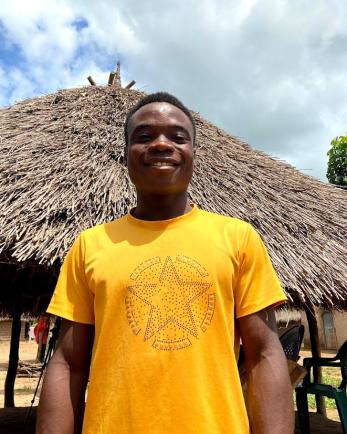
In the Uchen farming community of Makurdi, Benue State, Kelvin has taken an active role in helping to resolve disputes. According to Kelvin, there was an uprising brewing among young people in Uchen who wanted more power in the community. “Youths in this community have started misbehaving, saying they should be given the leadership and that it is unfair that only the elders in the community have any sort of power,” said Kelvin.
By intervening, Kelvin helped to explain how the elders had not come into power through force but that it was passed onto them through succession, and that the young people will have their time to come into power as well. “The elders also promised that if they calm their tempers, power will be given to them based on merit. Since then, the situation with the youths has calmed down,” said Kelvin.
Young people like Kelvin are critical to peacebuilding in their communities not only as mediators but also as role models. By showing the youth in his community that they can also have their voices heard through peaceful mediation, Kelvin shows how there are other possibilities to contribute. “I’ve also been able to leverage my participation in Mercy Corps’ activities to advise [young people] about the importance of peace using myself as an example,” said Kelvin.

